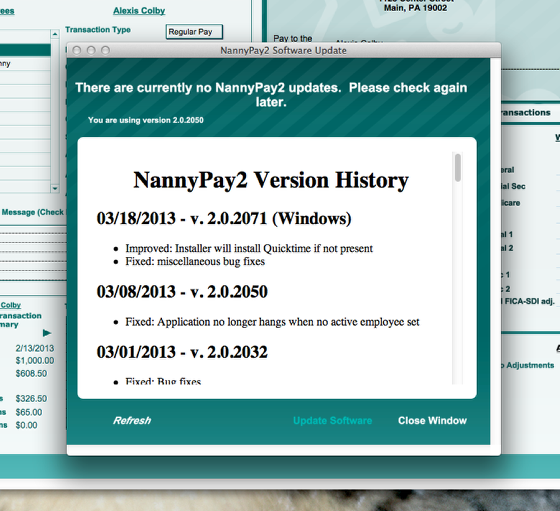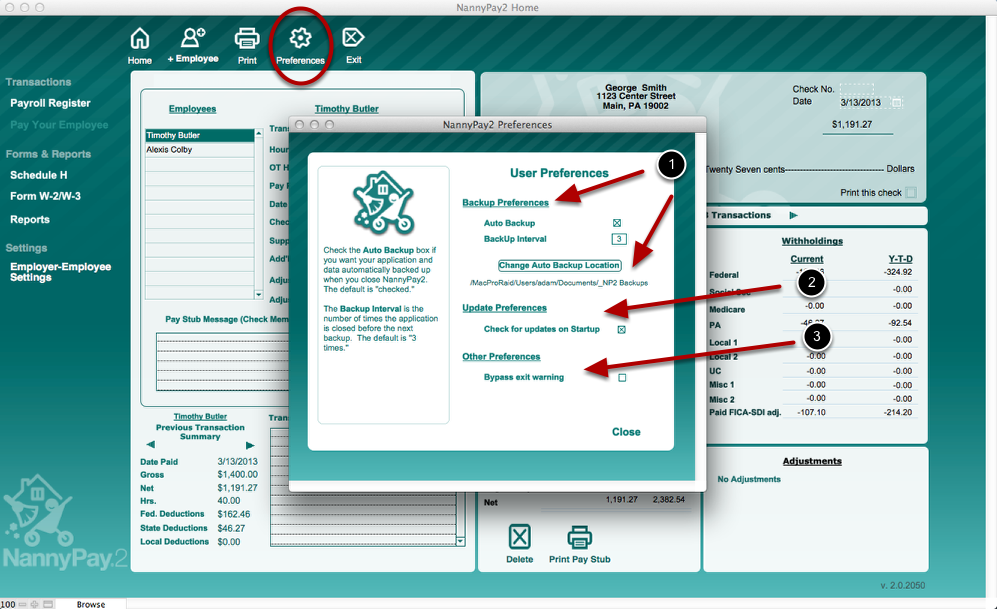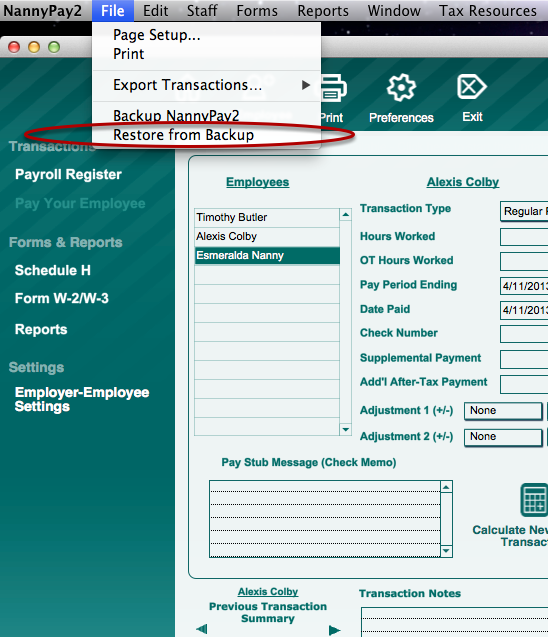

Learn about making estimated quarterly tax payments to avoid a big tax headache when you file. Unfortunately, household employers aren't required to do this, so you could end up with a big tax bill at the end of the year if you don't set aside money. In most cases, employers do this by withholding money from your paychecks for taxes and sending it to the IRS on your behalf. The IRS requires you to pay income taxes throughout the year as you earn income, not just at the tax filing deadline. If your employer also pays for your state unemployment insurance taxes, Schedule H provides the employer credit for them and reduces the FUTA rate accordingly. You don't pay this tax your employer pays it. If your employer pays more than $1,000 in any quarter of the current year (or the previous year) to their household employees collectively, they're responsible for paying the 6% Federal Unemployment Tax, or FUTA, on the first $7,000 in wages for each household employee. To be eligible for Social Security, disability benefits, or Medicare benefits in the future, you must earn eligibility credits during your working years. In addition to paying Social Security and Medicare taxes, your employer must also report your wages to the Social Security Administration.

By filing this form, your Social Security earnings will be credited to your Social Security record. If you think a family hired you as an employee but your household employer thought you were a self-employed person, you may need to attach Form 8919 for Uncollected Social Security and Medicare Tax on Wages. Some employers might voluntarily cover both portions and not withhold any of it from your pay. The same is true if your household employer pays you $1,000 or more during one calendar quarter.Īs an employee, you're responsible for paying half of the tax (which your employer should withhold from your paycheck), and your employer must pay the other half. Social Security and Medicare taxesĭuring any calendar year in which your employer pays you more than a specified amount - $2,200 in 2020 and $2,300 in 2021 - they must collect and pay the employer portion of Social Security and Medicare taxes on your behalf. If you're under the age of 18 or work through a child care agency, you wouldn't be considered a family's employee. If you hired a household employee and exceeded these thresholds, you'll be responsible for paying and reporting employment taxes, including filing Schedule H with your federal tax return.Ī few exceptions exist. The annual total for FICA increases to $2,300 in 2021. You use this to prepare and file your tax return on Form 1040.įor tax year 2020, FICA taxes will be applicable if a family paid you at least $2,200 in the year and unemployment insurance taxes will have to be paid for wages of more than $1,000 in a calendar quarter.




 0 kommentar(er)
0 kommentar(er)
